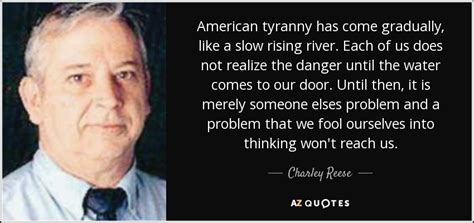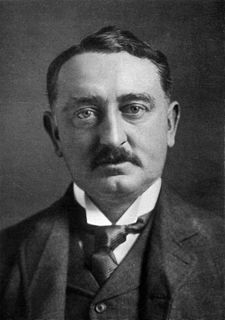A Quote by Tim Buck
Canada's ruling circles seek to ally themselves more closely with American imperialism without giving up the economic advantages of membership in the British Empire.
Related Quotes
Part of what is wrong with the view of American imperialism is that it is antithetical to our interests. We are better off when people are governing themselves. I'm sure there is some guy that will tell you that philosophy is no different from the Roman Empire's. Well, it is fundamentally different.
I grew up in a very British family who had been transplanted to Canada, and my grandmother's house was filled with English books. I was a very early reader, so I was really brought up being surrounded with piles of British books and British newspapers, British magazines. I developed a really great love of England.
I would like to see the Punjab, North-West Frontier Province, Sind and Baluchistan amalgamated into a single State. Self-government within the British Empire, or without the British Empire, the formation of a consolidated North-West Indian Muslim State appears to me to be the final destiny of the Muslims, at least of North-West India.
In the late 1930s, both the British and American movie industries made a succession of films celebrating the decency of the British Empire in order to challenge the threatening tide of Nazism and fascism and also to provide employment for actors from Los Angeles's British colony. The best two were Hollywood's Gunga Din and Britain's The Four Feathers...
From the American Revolution right up to the Second World War, the U.S. was more likely to provoke suspicion among members of the British establishment than deferential approval. It was seen - with good cause - not just as a potential rival for empire, but also as dangerously egalitarian, worryingly innovatory, and excessively democratic.


































